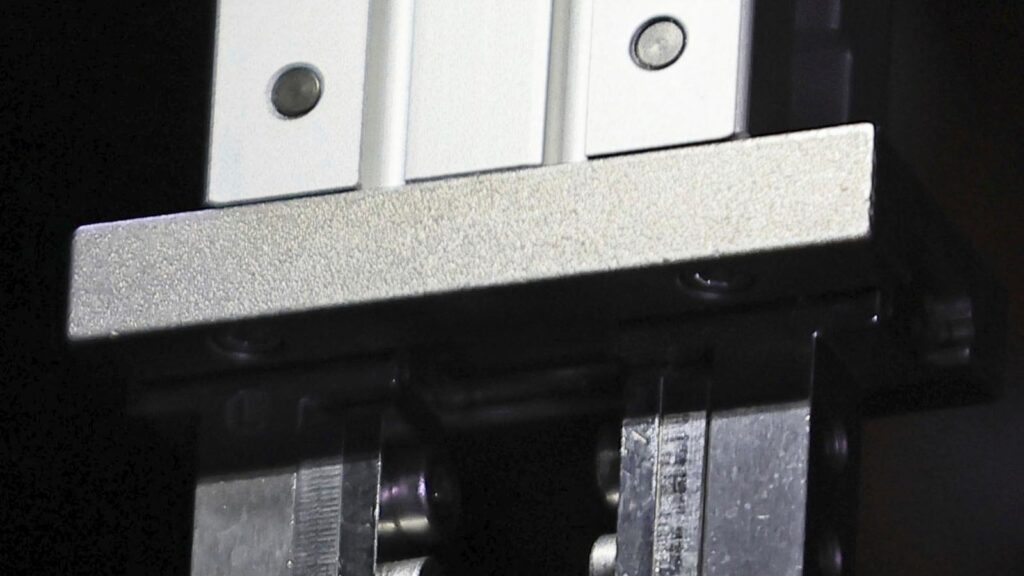[ad_1]
TOKYO — A robot that has spent months inside the ruins of a nuclear reactor at the tsunami-hit Fukushima Daiichi plant delivered a tiny sample of melted nuclear fuel on Thursday, in what plant officials said was a step toward beginning the cleanup of hundreds of tons of melted fuel debris.
The sample, the size of a grain of rice, was placed into a secure container, marking the end of the mission, according to Tokyo Electric Power Company Holdings, which manages the plant. It is being transported to a glove box for size and weight measurements before being sent to outside laboratories for detailed analyses over the coming months.
Plant chief Akira Ono has said it will provide key data to plan a decommissioning strategy, develop necessary technology and robots and learn how the accident had developed.
Despite multiple probes in the years since the 2011 disaster that wrecked the plant and forced thousands of nearby residents to leave their homes, much about the site’s highly radioactive interior remains a mystery.
The sample, the first to be retrieved from inside a reactor, was significantly less radioactive than expected. Officials had been concerned that it might be too radioactive to be safely tested even with heavy protective gear, and set an upper limit for removal out of the reactor. The sample came in well under the limit.
That’s led some to question whether the robot extracted the nuclear fuel it was looking for from an area in which previous probes have detected much higher levels of radioactive contamination, but TEPCO officials insist they believe the sample is melted fuel.
The extendable robot, nicknamed Telesco, first began its mission August with a plan for a two-week round trip, after previous missions had been delayed since 2021. But progress was suspended twice due to mishaps — the first involving an assembly error that took nearly three weeks to fix, and the second a camera failure.
On Oct. 30, it clipped a sample weighting less than 3 grams (.01 ounces) from the surface of a mound of melted fuel debris sitting on the bottom of the primary containment vessel of the Unit 2 reactor, TEPCO said.
Three days later, the robot returned to an enclosed container, as workers in full hazmat gear slowly pulled it out.
On Thursday, the gravel, whose radioactivity earlier this week recorded far below the upper limit set for its environmental and health safety, was placed into a safe container for removal out of the compartment.
The sample return marks the first time the melted fuel is retrieved out of the containment vessel.
Fukushima Daiichi lost its key cooling systems during a 2011 earthquake and tsunami, causing meltdowns in its three reactors. An estimated 880 tons of fatally radioactive melted fuel remains in them.
The government and TEPCO have set a 30-to-40-year target to finish the cleanup by 2051, which experts say is overly optimistic and should be updated. Some say it would take for a century or longer.
No specific plans for the full removal of the fuel debris or its final disposal have been decided.
[ad_2]
Source link
